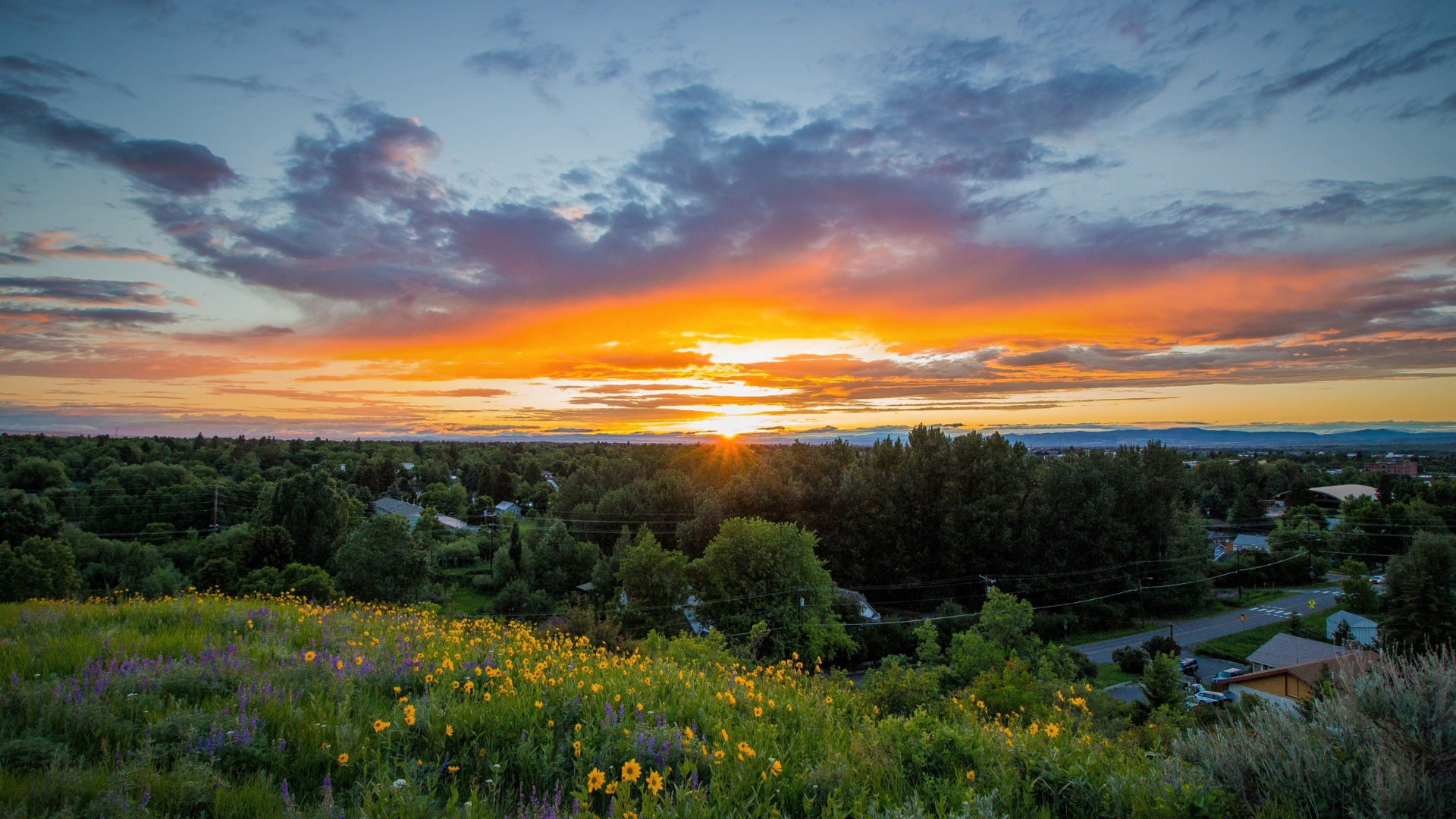This grim time of COVID-19 is most definitely a stark test of our national resolve and public good will. The stories of good will are breathtaking. Our national resolve is not quite so shiny.
One of today’s somber questions is whether we will listen more seriously to our scientists. We should have done better with COVID-19, since the warnings were rumbling many months ago. That aside, our scientists have always warned us about the possibility of pandemics. Having grown up with a scientist-father, I heard that very prediction at our family dinner table. But after years of well-being, the public concern evaporated.
One scientist who recently had an important message to share at MSU is Dr. Rob Davies, physicist at Utah State University, who lectured on the global and local effects of the climate crisis and America’s hyper-consumption in a finite world. Since then, all discussion about climate change has been totally eclipsed by our focus on the virus, and the need to get things back to normal. This is understandable. We are in a terrifying global predicament.
But if one takes Dr. Davies’ message to heart, which is the overwhelming consensus in the science world, we don’t have the luxury of putting a response to global warming on hold until we have taken care of the virus crisis. We have a mere 10 years to try to correct the atmospheric imbalance or we will pass a tipping point. Each year we postpone action means that corrective measures will have to be ever more severe and impactful to our way of life – or we face unacceptable consequences. They are too unacceptable to contemplate, although Dr. Davies took a stab at it, and appeared to choke up on his own words.
If we assess today’s response as a trial run of our ability to address a major crisis, our bumbling around does not give one great optimism. But now that our collective attention is at peak, can we use this moment to jolt us into responding not just for 2020, but for 2030 and beyond, when our children and grandchildren will be dealing with the decisions we are making today?
Case in point – our skies are almost empty of air traffic these days. It is mind-popping, and not entirely negative as we gaze at the wild blue. Part of the political discussion of bailouts includes the airline industry. Rather than wideopen bailouts over the next years, how about seizing the moment to reinvent our national transportation system? Reinventing our transportation system is possibly the fastest and least disrupting of all our options to decrease our carbon emissions. Providing good jobs, we could build high-speed rail systems between population centers, produce ultra-modern personal vehicles and carbonneutral airlines, and so much more. While the idea of reinventing our transportation system is not new, the required national resolve would be very new. Can our nation muster this kind of leadership and good will as it did when FDR reorganized our institutions to better meet the crisis of his day?
In this nationally imposed quiet moment, can we reflect how we might pull together not just a healthier community, but one that understands and honors the land’s ability to accommodate us? What better moment, when billions of dollars will be spent protecting and readjusting our lives and economy, to mindfully spend them addressing the looming, far more unyielding climate emergency.
We are blessed with an abundance of creative ideas for action, which – if supported, if implemented, if funded – would relieve pressure on our planet, on our economy, and on our people. Our scientists and engineers are poised to leap into fast-forward. Instead of resolving to get back to normal, we need to resolve to accelerate into the super extraordinary. That is our challenge. And for ourselves and future generations, it is the challenge we must meet, starting now.
Dorothy Bradley is a
former state representative
and one of the organizers of
Montana’s first Earth Day in
1970
Bozeman Daily Chronicle Guest Editorial 4/5/20

